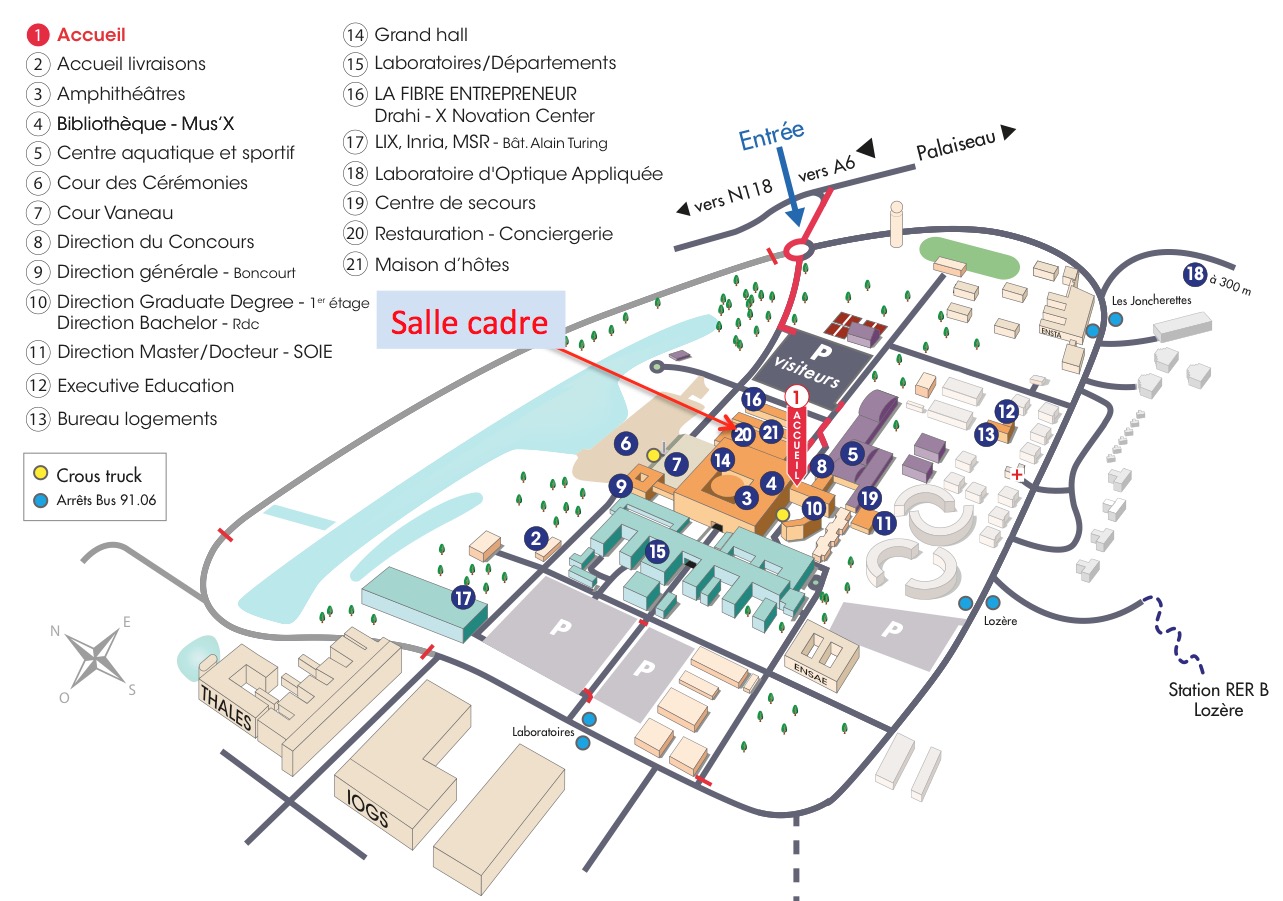Capitalizing on the success of the first BIOAM workshop held in 2016 the next BIOAM-2018 workshop will be held at the premises of Ecole polytechnique, prestigious French engineering school, located in Palaiseau, southern suburb of Paris, France. The BIOAM-2018 workshop will take place over two full days (25th-26th of October 2018)
In 2017 the international optical community celebrated 25 years of classic study on optical orbital angular momentum (OAM) which continues to be a hot research topic and inspiration for many cutting-edge applications (super-resolution microscopy, quantum computing, etc.). BIOAM-2018 is aiming to provide a forum for the researchers from both academia and industry working in various domains related to optical angular momentum (spin and orbital), including fundamental aspects, polarimetric instrumentation and applications. We are facilitating the creation of an international research network for the exchange of expertise, identification of new directions and perspectives in the field of OAM studies with special emphasis on biomedical applications of OAM.
The non-exhaustive list of topics includes: scattering of topological states, chirality and OAM, propagation of OAM in complex media, generalized polarimetric-OAM instrumentation, imaging with vector beams, extended Mueller algebra, biomedical photonics, etc.
The organization of BIOAM-2018 is supported by the Laboratory of Physics of Interfaces and Thin Films (LPICM), Ecole polytechnique, French Optical Society (SFO), LabEx NanoSaclay, program of French National Research Agency (ANR) “Investissements d’Avenir”, European Optical Society, International Commission for Optics, Optical Society of America.
We invite you to be a part of BIOAM-2018 workshop and look forward to welcoming you to Palaiseau, France!
The workshop will be held in the "Salle cadre" room (point 20 on Ecole polytechnique map).
First you will need to present your ID at reception (point 1 on Ecole polytechnique map) and then to follow BIOAM indication signs

Tatiana Novikova,
On behalf of the BIOAM-2018 Scientific Programme Committee